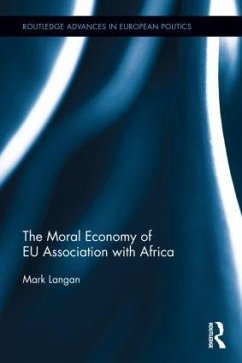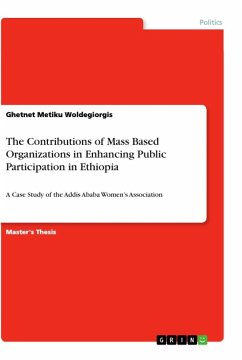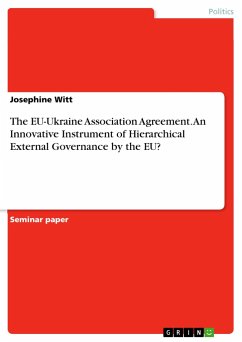Africa's association with the European Union has long been hailed as a progressive model of North-South relations. European officials, in particular, have represented the Africa-EU 'partnership' as a pro-poor enterprise in which trade interests are married to development prerogatives. Applying a moral economy perspective, this book examines the¿tangible impact of Africa-Europe trade and development co-operation on citizens in developing countries. In so doing, it challenges liberal accounts of Europe's normative power to enable benevolent change in the Global South and illuminates how EU discourse acts to legitimise unequal trade ties that have regressive consequences for 'the poor'. Drawing upon the author's own fieldwork, it assesses the difference between norms and the actual impact of EU concessions in relation to: budget support; aid for trade; private sector development (PSD); decent work. It concludes by considering the value of a moral economy approach in the assessment of free trade structures more widely. This text will be of key interest to scholars and students of Africanist IPE, European studies, and more broadly international political economy, international development, and international relations.
Hinweis: Dieser Artikel kann nur an eine deutsche Lieferadresse ausgeliefert werden.
Hinweis: Dieser Artikel kann nur an eine deutsche Lieferadresse ausgeliefert werden.








